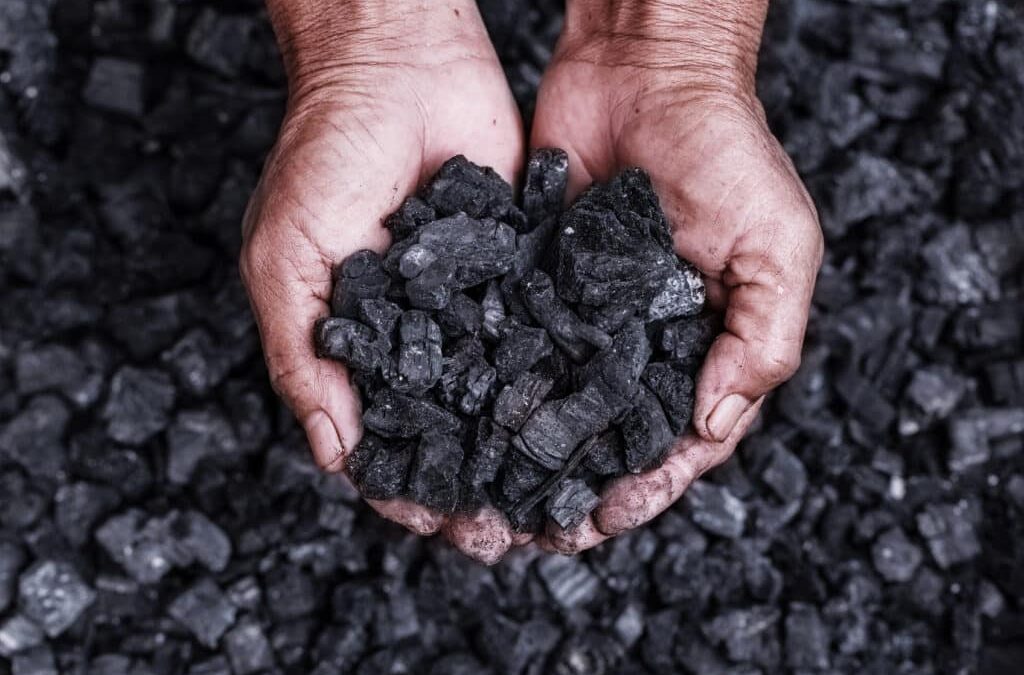The New South Wales Government has announced a new framework to support coal mining workers and communities in a future beyond the commodity.
Today, coal plays a crucial role across NSW, with more than 125,000 workers in the state either directly or indirectly employed by the coal mining or coal-fired power sectors.
Though coal is expected to continue play a central role in Australia’s resources sector for years to come, the industry will need to adapt as global decarbonisation targets approach.
The NSW Government’s new Future Jobs and Investment Authorities model will aim to advocate for communities and their workers and drive investment to coal regions in the shift.
The framework will include an investment advocate and board, as well as units in the Hunter, Illawarra, central west and far west regions with representation from local government, community groups, unions and industry.
The authorities will play a central role inside the government to advocate for coal-producing communities.
“Coal mining will continue to support thousands of local jobs and underpin the state’s energy grid for many years to come,” Minister for Natural Resources Courtney Houssos said.
“But with global demand for coal projected to decrease over the coming decades, we want to ensure workers, communities and regional centres are given the support they need.”
NSW Minerals Council chief executive officer Stephen Galilee welcomed the announcement, which he said will provide time to plan for the future while the sector’s economic benefits and jobs continue.
“Today’s announcement from the NSW Government of a proposed model for the Future Jobs and Investment Authorities is a positive sign that long term planning for the future is being taken seriously,” Galilee said.
“The medium-term outlook for NSW coal is strong. Nearly 90 per cent of all coal produced in NSW is exported to more than 20 countries overseas, and demand for this high-quality coal is likely to remain high for many years.”
There are nearly 40 coal mines currently operating across NSW, including 17 in the Hunter region, with most involved in export coal markets.
Fifteen Upper Hunter mines either have approvals in place or are seeking approvals to continue mining to 2035 or beyond, with several seeking extensions to operate beyond 2040.
Beyond the Upper Hunter, another fifteen NSW coal mines either have approvals in place or are seeking approvals to continue mining into the 2030s.
Six of those mines are either approved or seeking approval to operate until 2040, and several seeking extensions to operate beyond 2040.
Though this latest framework is looking far into the future, things are still looking bright for coal in the short-to-medium-term.



